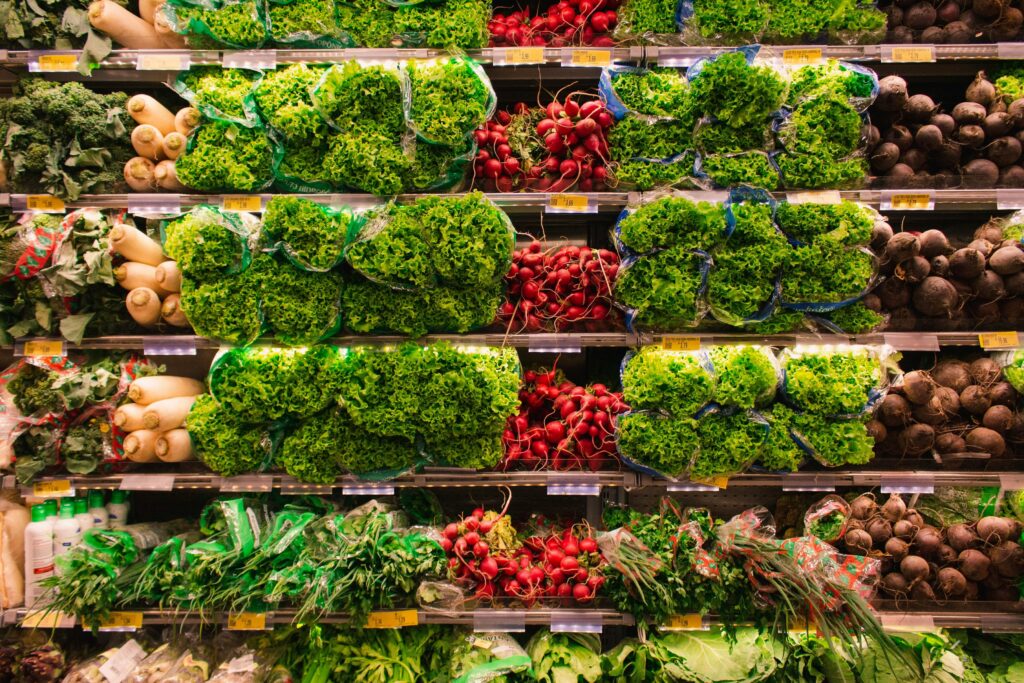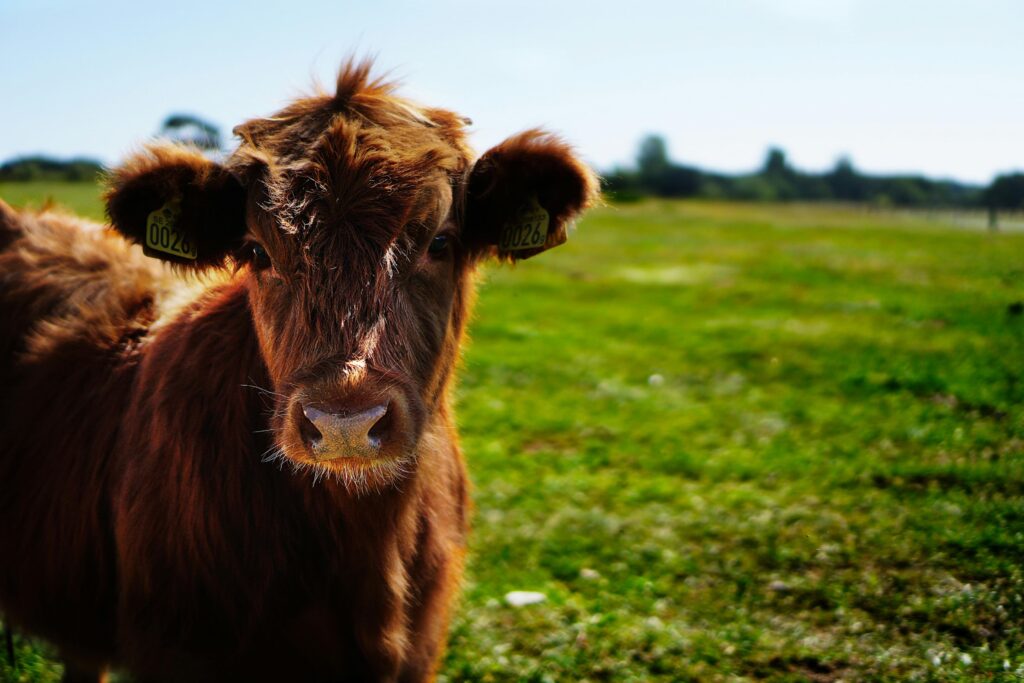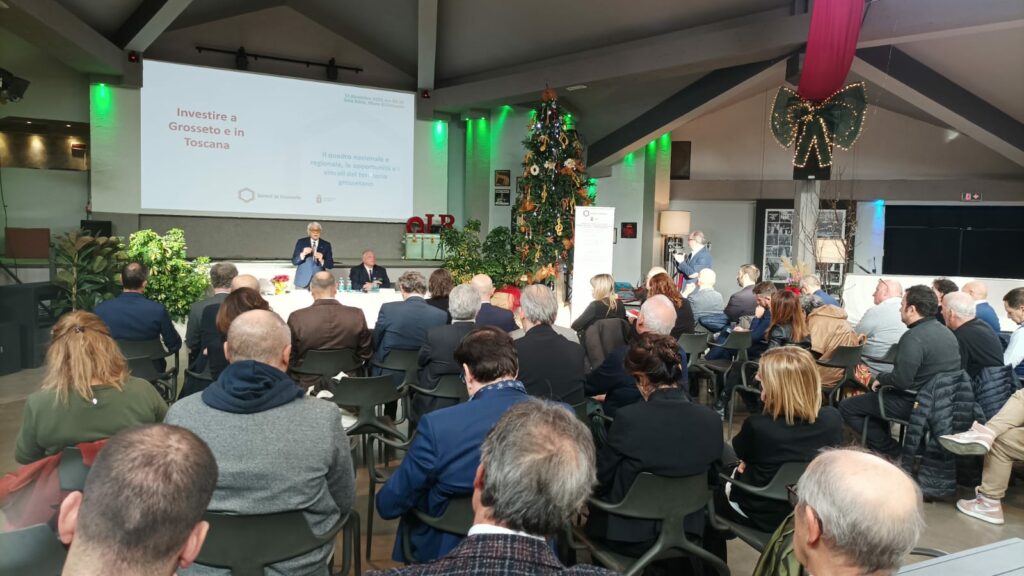In the province of Grosseto, there are currently 542 agricultural enterprises run by people under 35, the highest number among all Italian provinces. This success is largely due to the “Tuscany model,” which boasts the highest number of multifunctional businesses nationwide, as many as 1,230 in total (28.4 percent of the total). These enterprises, in addition to their main agricultural activity, engage in various related activities, such as agritourism, contract services, alternative energy production, product processing or social agriculture. In addition, 25.9 percent of young entrepreneurs have a bachelor’s degree or diploma, compared with 12.4 percent of farm leaders over 40 years old.
These characteristics are also found in the Maremma region, but we cannot overlook the urgent need to facilitate and accelerate the process of “generational change” in agriculture, which is struggling to materialize, even in Maremma.
In the next three years, about 600 agricultural entrepreneurs will be between the ages of 60 and 64 and eligible for retirement. This phenomenon, known as “senilization,” has also been recognized by Ismea, which has highlighted the difficulties associated with it. This situation calls for a rapid generational transition in the countryside.
The new delegate, Mr. Parrucci, points out that the future of many agricultural enterprises is uncertain because of the difficulty of passing the baton to the more youthful generation.








